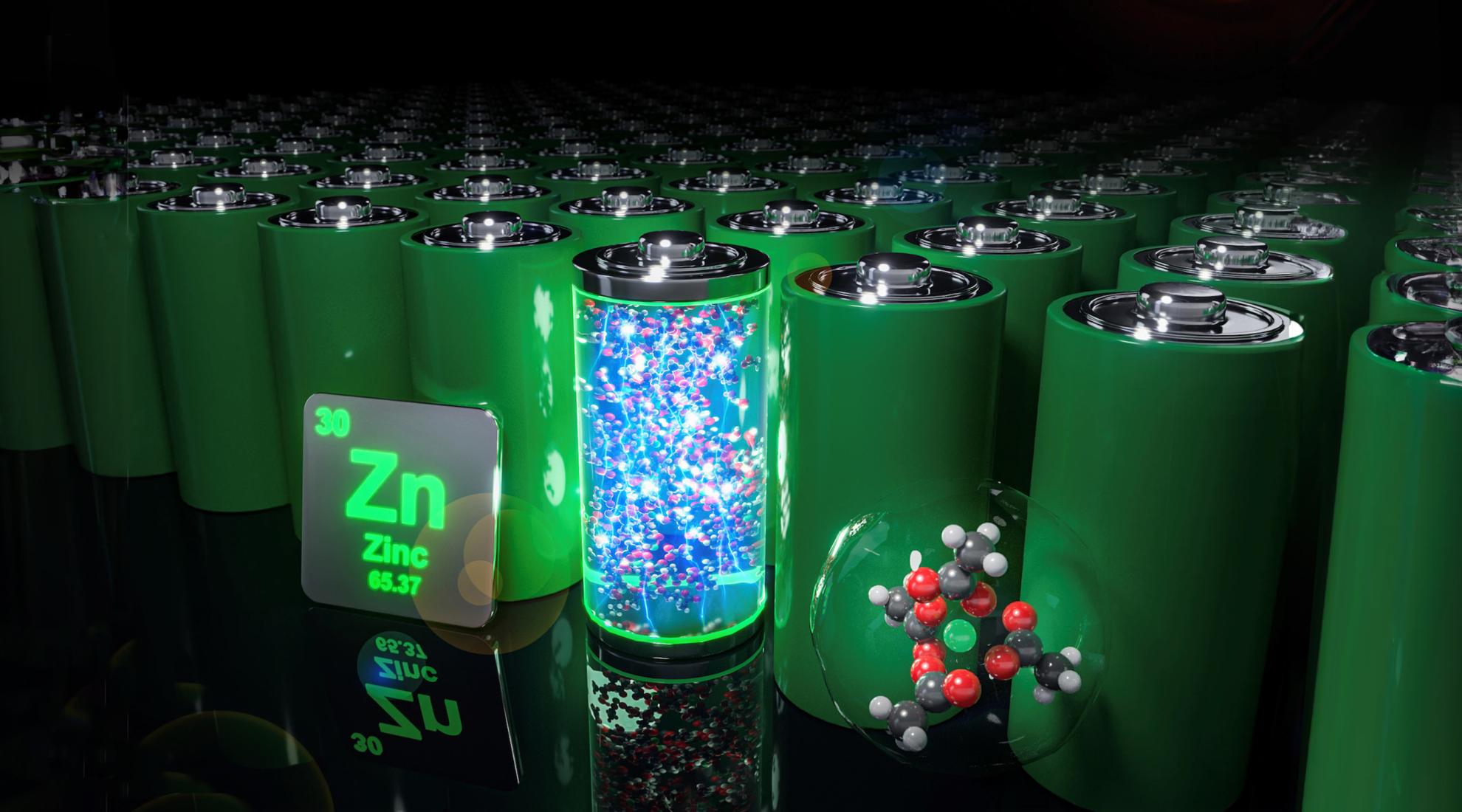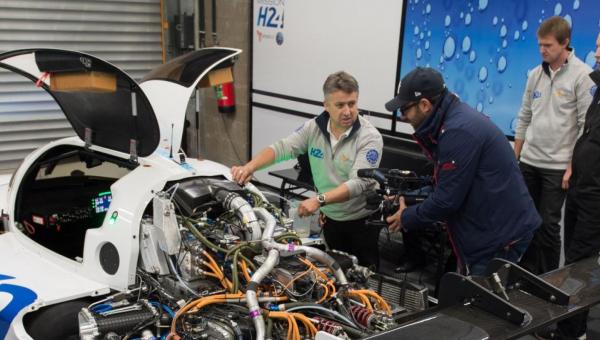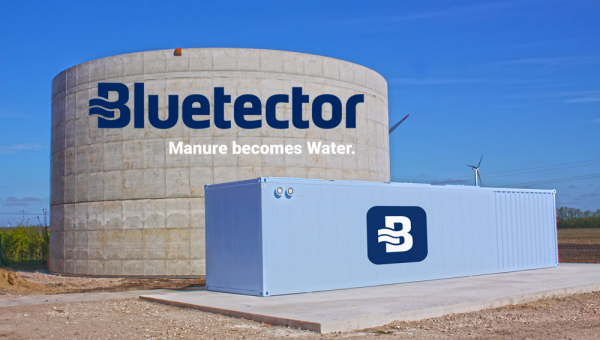Zinc: a new competitor for lithium batteries

Zinc batteries are promising alternatives to lithium-ion batteries. Scientists at ETH Zurich have developed batteries that can be charged even faster and do not contain toxic salts.
Batteries are a sought-after commodity. They are also important in the transition to sustainable energies – without storage, solar and wind power are only half as useful. Lithium-ion batteries are generally the battery of choice. They are found in smartphones and electric cars as well as numerous other applications and devices. They have two particular disadvantages, however. Since lithium is currently in high demand as a raw material, its price is rising. In addition, these batteries are also highly flammable, which makes them more difficult to handle. Reason enough for scientists all over the globe to be investigating possible alternatives.
Water-based zinc batteries
In water-based zinc batteries, an international team led by ETH Zurich has succeeded in finding a promising alternative. The researchers have developed batteries that are not only cheaper to produce, but are even more powerful, safer and more environmentally friendly.
Just like lithium-ion batteries, zinc batteries are also capable of storing a lot of electricity. For this, they don’t necessarily require the use of highly flammable organic solvents as the electrolyte fluid. They can also be made using water-based electrolytes instead. This makes them more environmentally-friendly than lithium batteries, which require highly flammable organic solvents that are often a health hazard and harmful for the environment.
Ideal salt concentration
With all the advantages, however, zinc batteries also have a disadvantage: if you charge them with a high voltage, the water in the electrolyte fluid reacts on one of the electrodes to form hydrogen gas. This impairs the performance of the battery and creates a buildup of pressure. This can be quite dangerous and in the worst case cause a short circuit and render the battery unusable.
According to a report, the researchers have been able to significantly reduce this disadvantage by using a novel salt concentration based on experiments and computer simulations, transforming the water content into a viscous mass without the usual loss of performance due to lower electrolytes. In addition, batteries with this new composition can be charged and discharged significantly faster.
Research continues
The first tests were carried out on a relatively small scale in a laboratory. The next step will be to scale up the approach and adapt it to larger batteries. The researchers are looking into the possibility to store solar power generated by a family home using on-site water-based zinc batteries.




